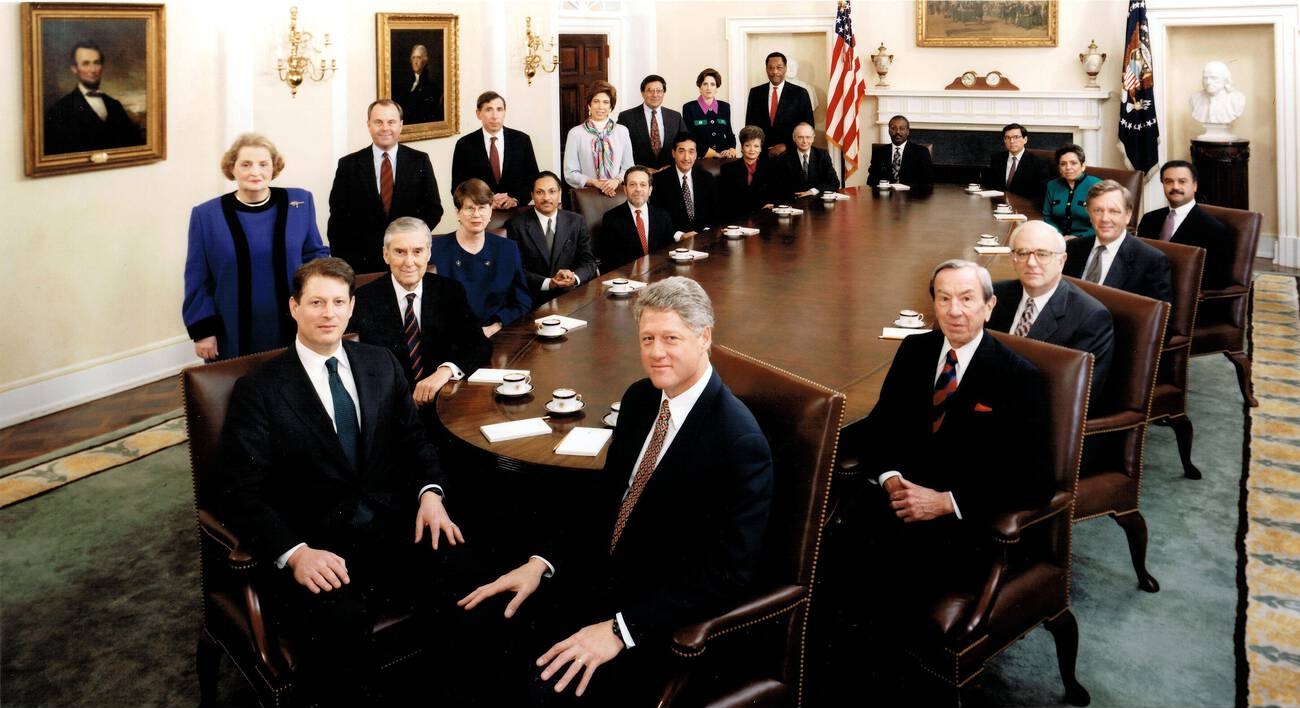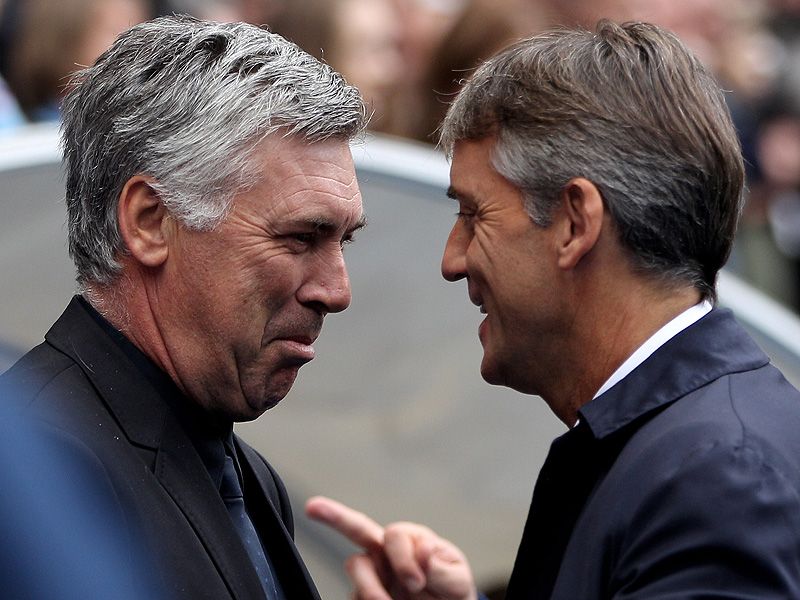Tottenham are among several Premier League clubs waiting to hear whether Los Angeles Galaxy will release David Beckham this month for a loan deal.
Manager Harry Redknapp says the 35-year-old is keen to join Spurs, while Newcastle and Blackburn are interested.
The Major League Soccer season resumes on 15 March, meaning Beckham could play up to 11 games in a short-term deal.
"Spurs are one of many clubs interested - but we have not yet had detailed talks," said a spokesman for Beckham.
"At the moment we are waiting on the decision of LA Galaxy with regards to a loan move. The loan would be a short one until the start of the MLS season.
"David would then return and play a full season with the Galaxy.
"The loan is part of David's desire to keep fit and make himself available for England again."
Former England captain Beckham had short-team spells on loan at Italian club AC Milan in 2009 and 2010, with the moves designed to improve his chances of being picked to play for his country.
And England manager Fabio Capello, who last fielded Beckham in the 3-0 win over Belarus in October 2009, has recently urged the midfielder to return to Europe to prove his fitness.
With the January transfer window now open, Blackburn boss Steve Kean said on Monday that Rovers would be interested in Beckham while Newcastle boss Alan Pardew indicated the same on Sunday, though he has since admitted the move is unlikely.
Redknapp revealed he first learnt of Beckham's interest via his son Jamie, a former Liverpool and Tottenham midfielder.
"He [Beckham] spoke to Jamie, that's how it all came about," said Redknapp senior. "He said 'I'd like to come back and I fancy playing for Spurs because I like the way they play'.
"I've left it to the people at the club and they're talking to whoever they have to talk to at his club.
"David fancies it. He's a fantastic lad and role model in the way he conducts himself and plays. He'd be a great influence on the younger players."
A move to Spurs would mean Beckham could face his first club - Manchester United - at White Hart Lane on 16 January while he could also line up against another former club, AC Milan, who play Tottenham home and away in the Champions League last 16.
Those fixtures all come before the LA Galaxy's first match of the MLS season against Seattle Sounders.
Chairman of Tottenham Supporters' Trust Bernie Kingsley told BBC Sport on Monday that he felt it would be "dreadful" if Beckham moved to White Hart Lane, while stressing this was his own personal opinion and not representative.
"He's one of the most over-rated players in the game for a long time," said Kingsley. "He's a circus and totally about David Beckham - not [the club] who he plays for. I just don't want to see him anywhere near Tottenham.
"We have a good team and we're having a good season. If we want to continue with a squad of players that are fighting for each other, they don't need the distraction of some prima donna player who is only interested in himself.
"Yes, he's a good crosser of the ball - but his time was years ago. He's let England down in big tournaments. A football team is about 11 men on the pitch, playing as a team. I don't think he's a team player."
Former Real Madrid midfielder Beckham was born and raised in London, and trained at Tottenham before signing his first professional deal with Manchester United.
The six-time Premier League champion has not has previously been tempted by offers of a return to England, turning down the chance to discuss a similar deal with Everton in November while stating that, as a Manchester United fan, such a move was "too close to home".
He also denied any interest in a move to West Ham in July and rejected the chance to be reunited with former England boss Sven-Goran Eriksson at Leicester in December.
But Beckham recently told BBC Sport there was an outside chance of appearing for a different English club to United, and that he hoped to continue playing for two or three more years.
"I want to continue to play, I have no interest in stopping," he said. "It might surprise people [now I am 35] but I'm still loving the game and still enjoying it as much as when I was 25.
"I played in the Premiership for so many years with the club I always adored, and will always adore. I always said that I would never play for another English club in the future - but you never know.
"I would hope I carry on playing for another two or three years. I've got a year left in America and then possibly another two after that. My body feels good at the moment."
Redknapp believes that it might be the right time for both Beckham and Spurs, who sit five points behind Premier League leaders Manchester United in fourth place.
"I'm sure he can still do a great job at the top level, otherwise I wouldn't bother," he said on Friday.
"He isn't going to come here and get big money - we aren't massive payers at this club. But he wants to come over here to the freezing cold and play football.
"Doesn't that tell you something about the boy that he lives in Los Angeles and might be a billionaire?"
Blackburn manager Kean, recently appointed until the end of the season following the shock sacking of Sam Allardyce, would like Beckham to be among the new faces he hopes to bring to Ewood Park during the January transfer window.
"I think we will sign at least three, possibly four, we might have one on loan at least at this stage that is the way it is looking," he said.
"Hopefully talks can continue and with someone like Beckham, someone will get a good player if he comes over here. If he does come back to this country, he is someone we would be interested in."
Newcastle boss Pardew said on Monday: "People are suggesting we are in the market for him because I've said I want an offensive player and obviously, he is one of the few on the market.
"I have not dismissed it, but in no way are we in talks or anything like that. It is unlikely, but we have targets elsewhere which give probably more chance of fruition than that one."






